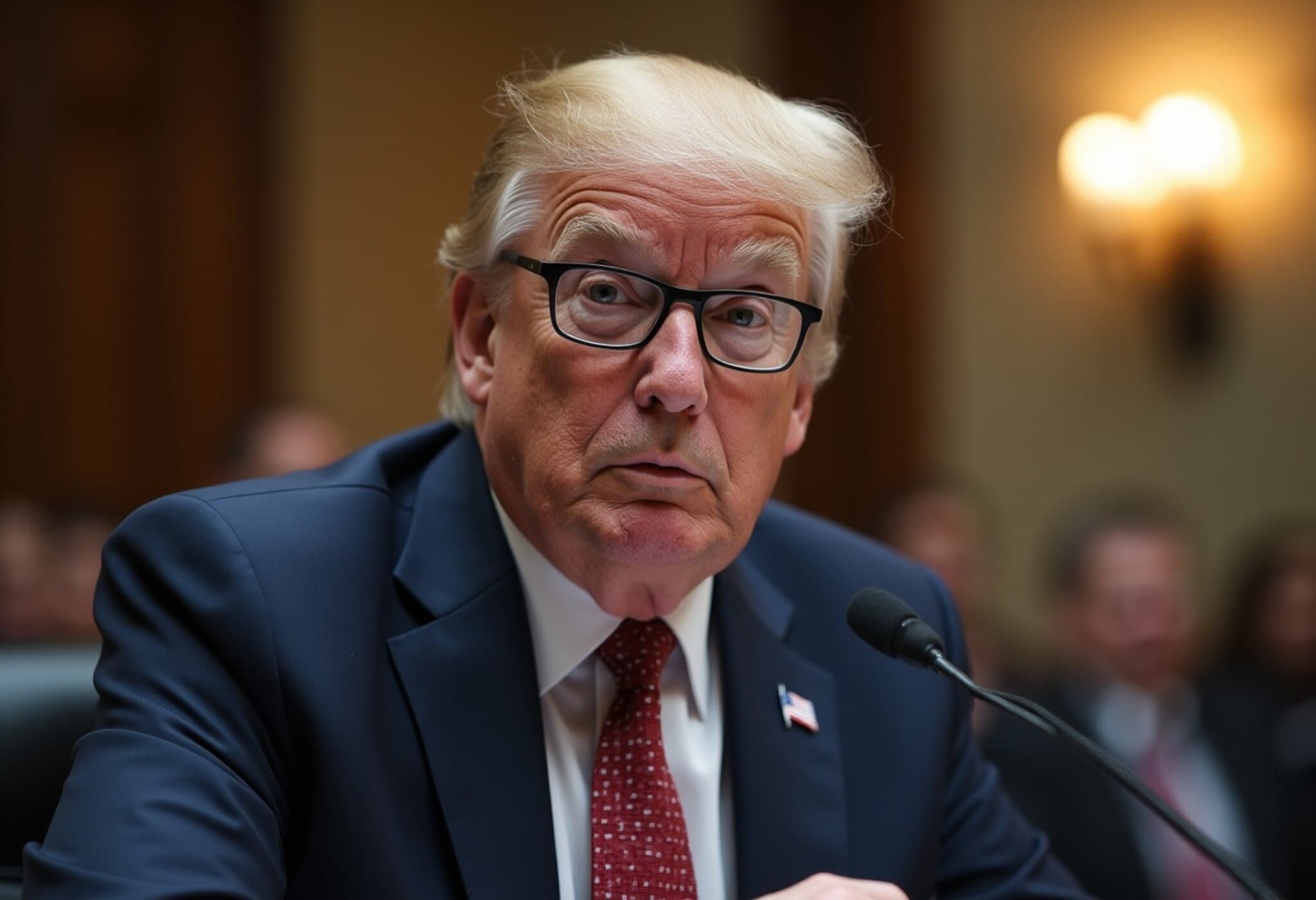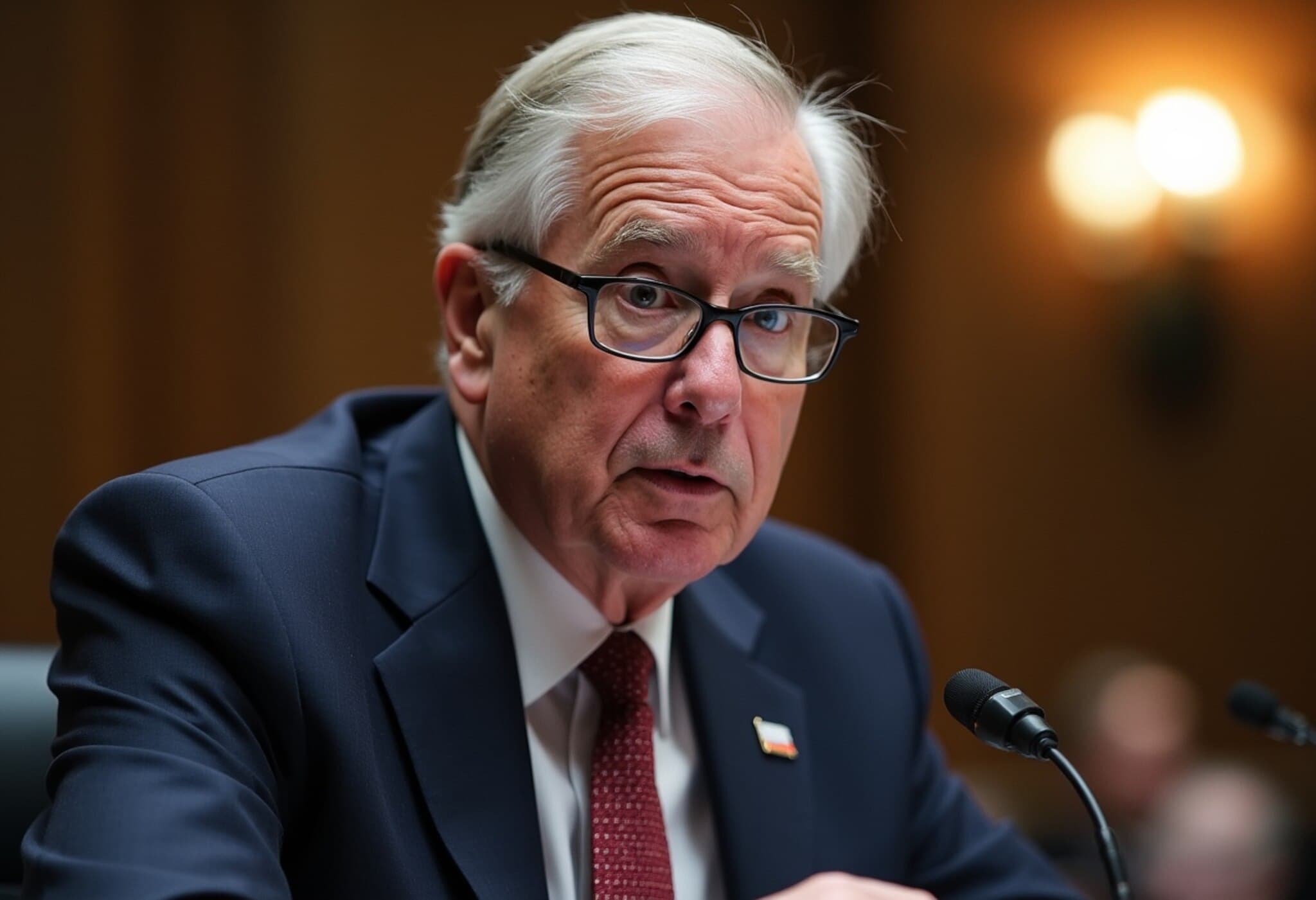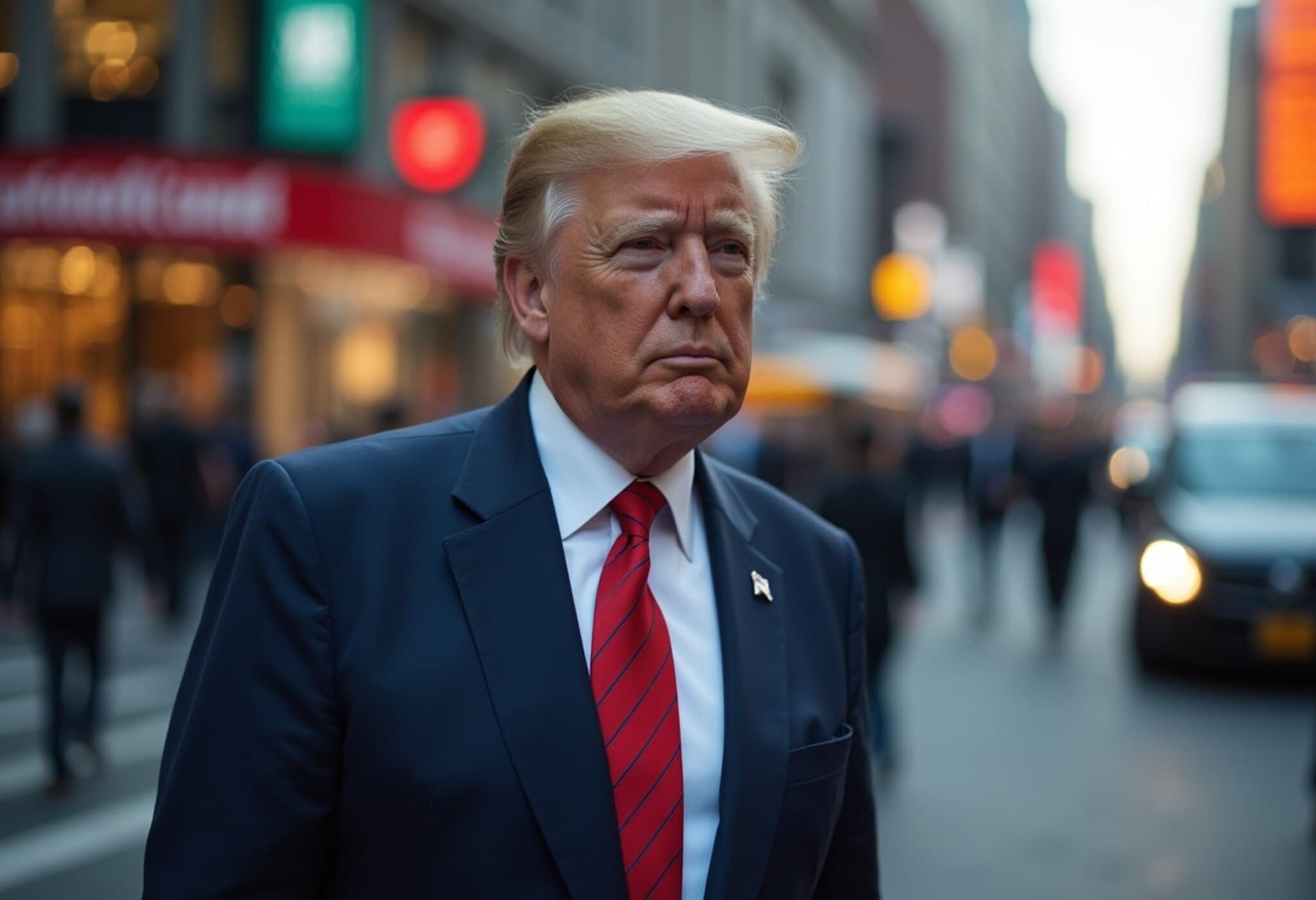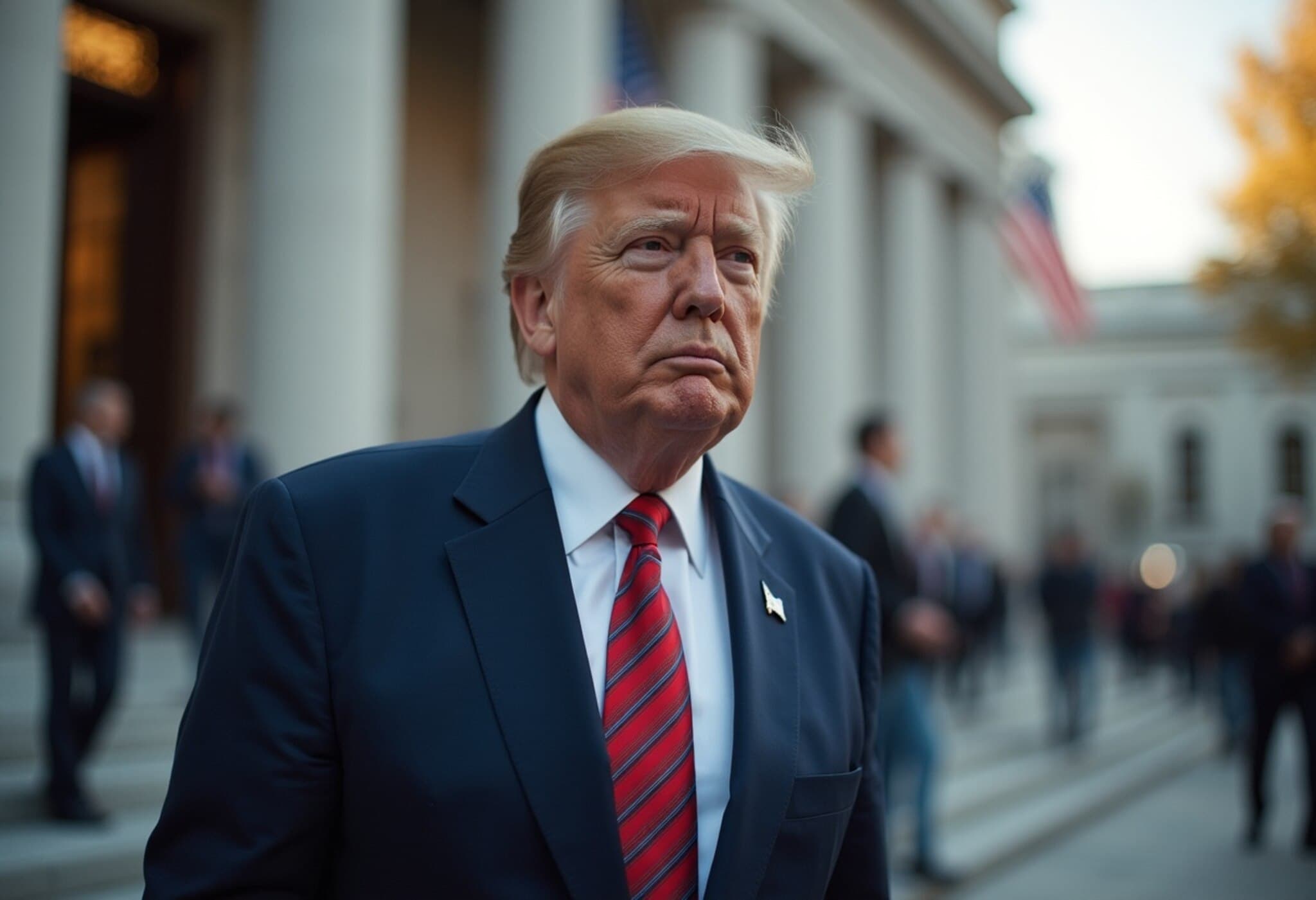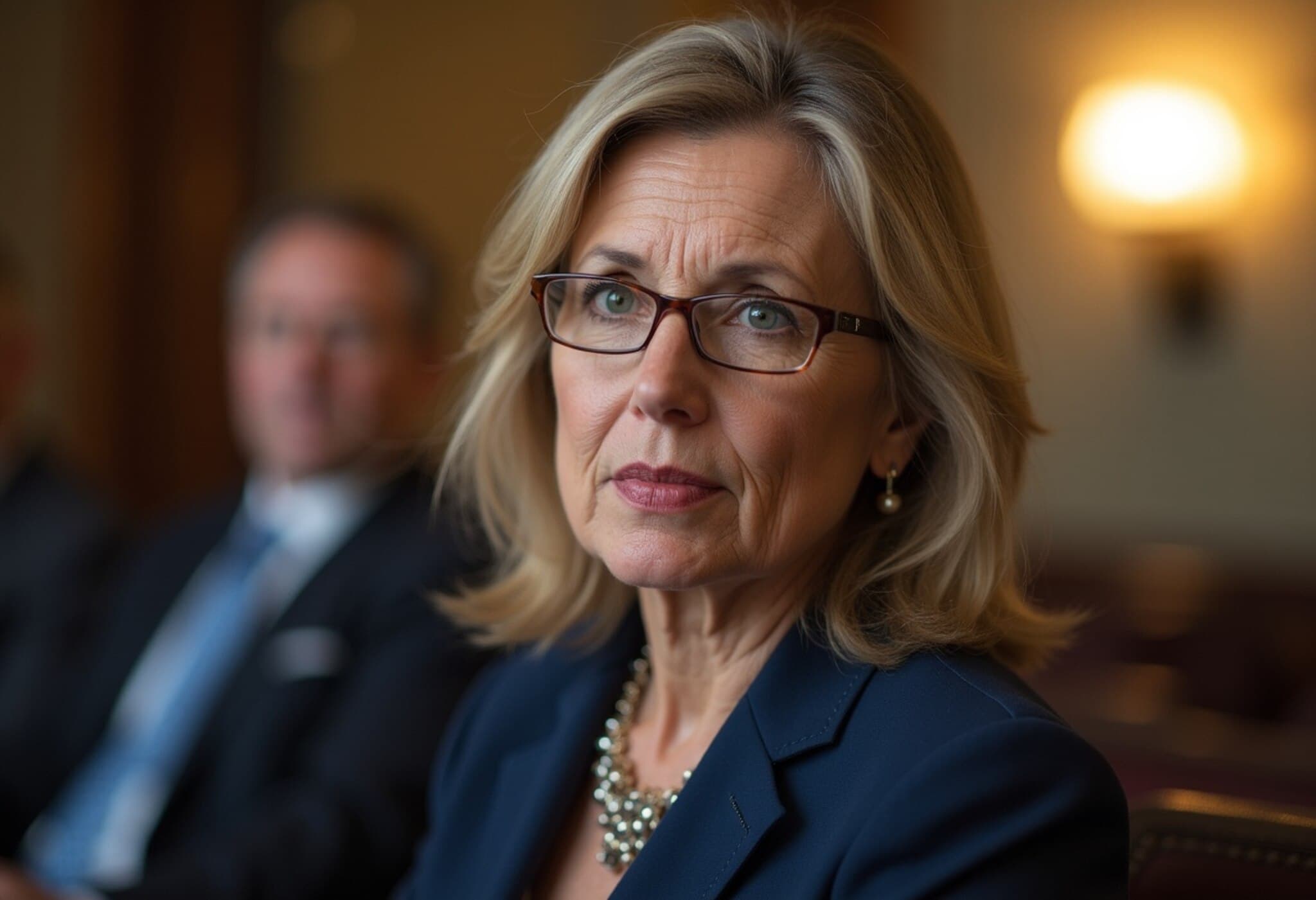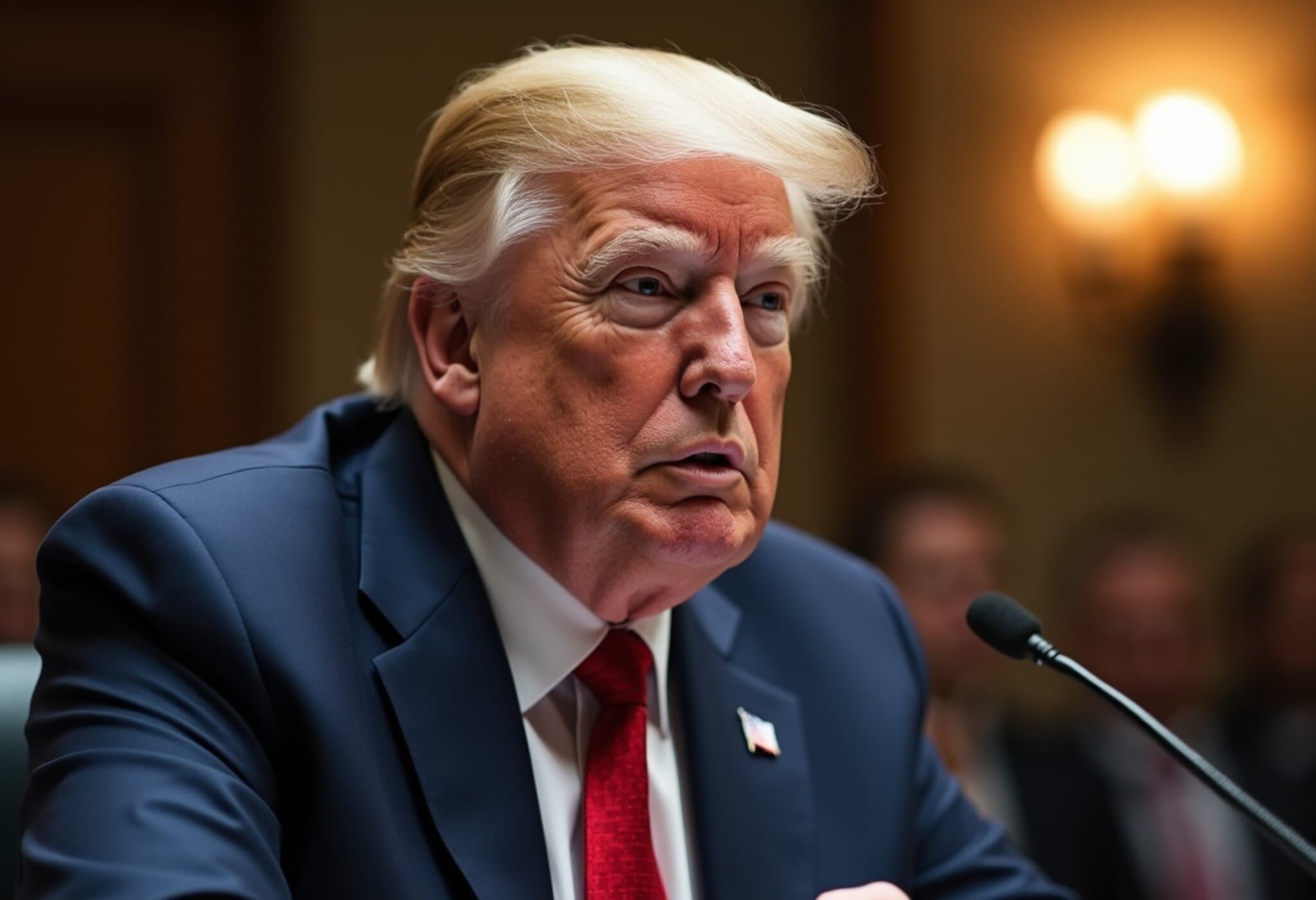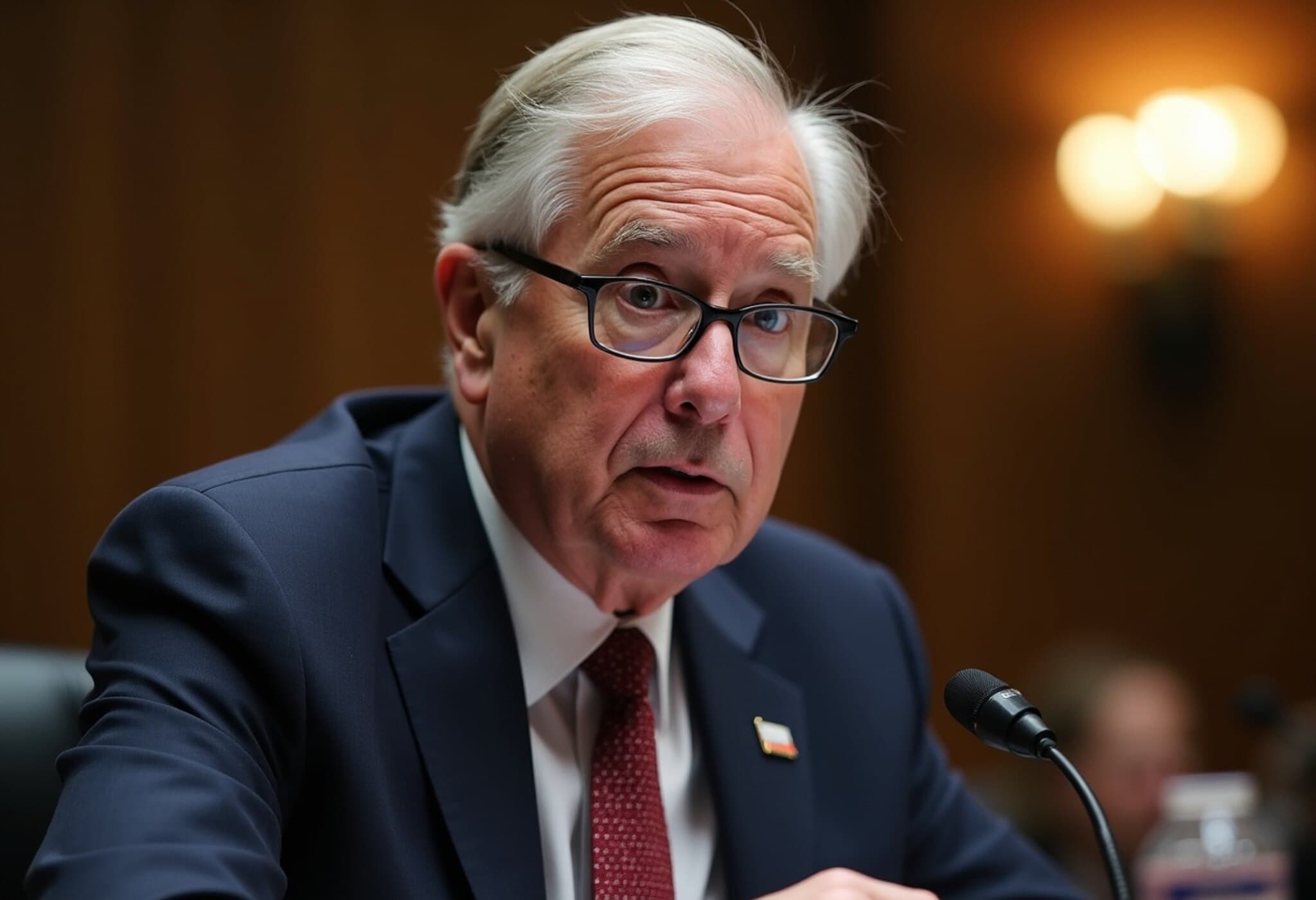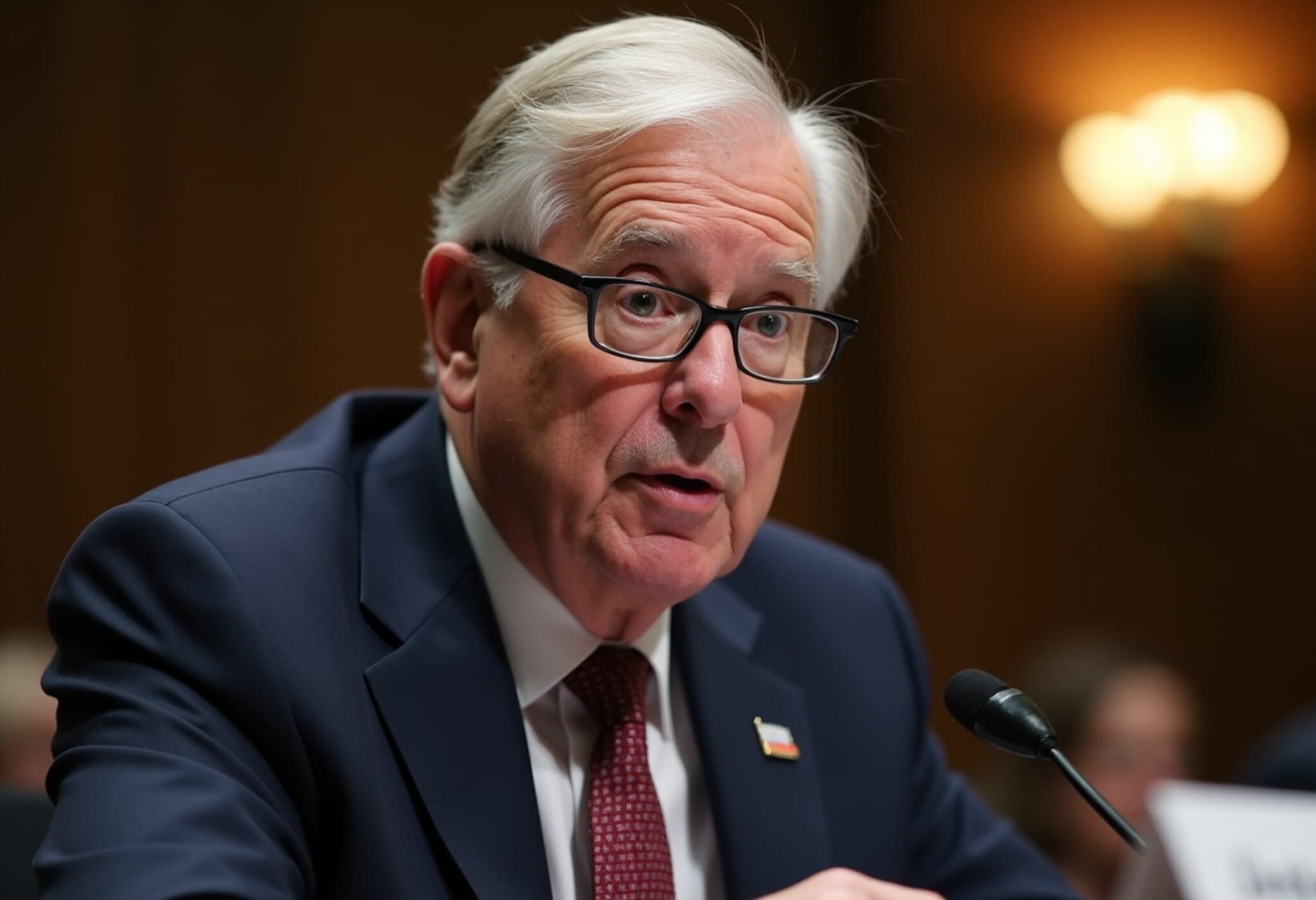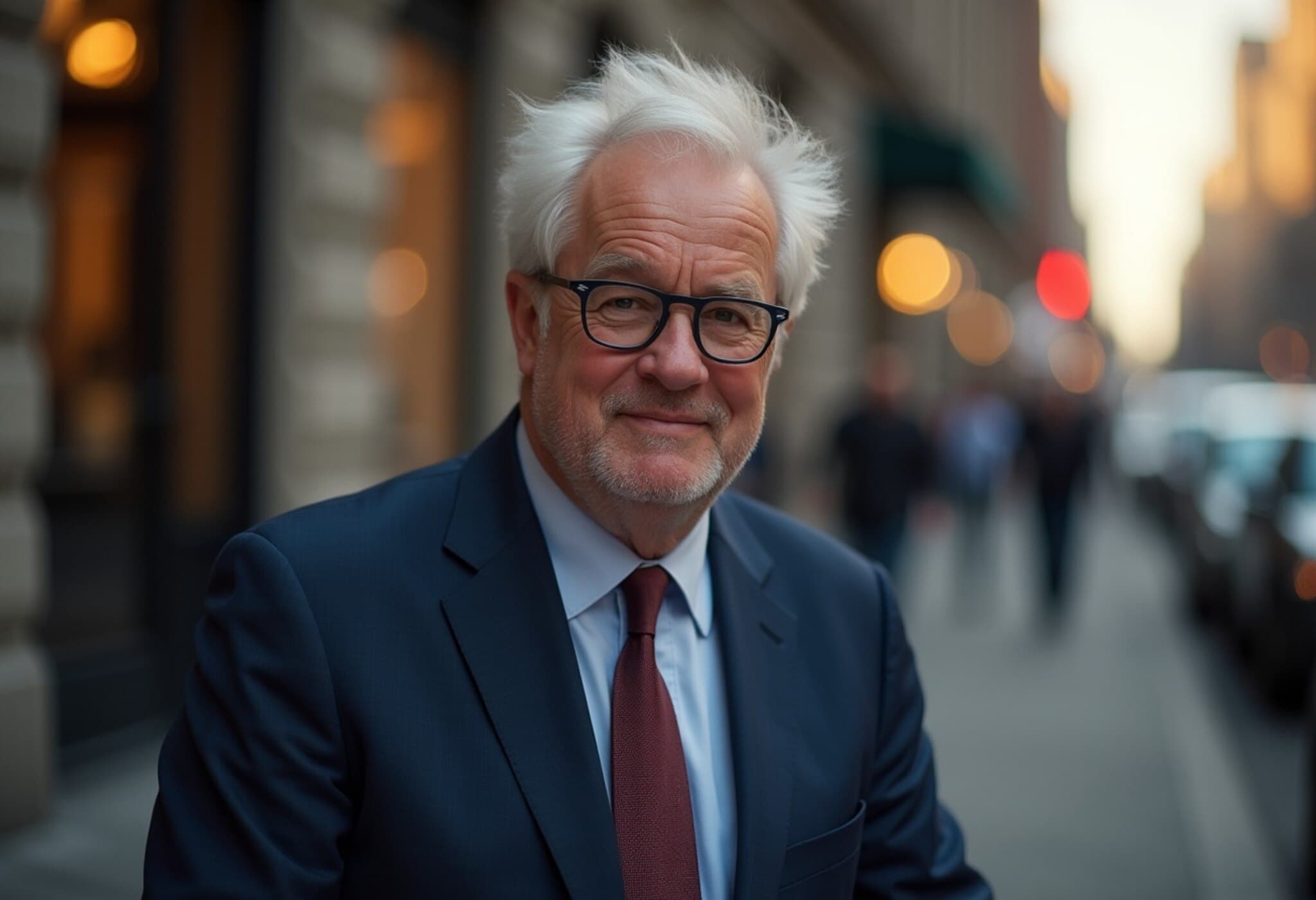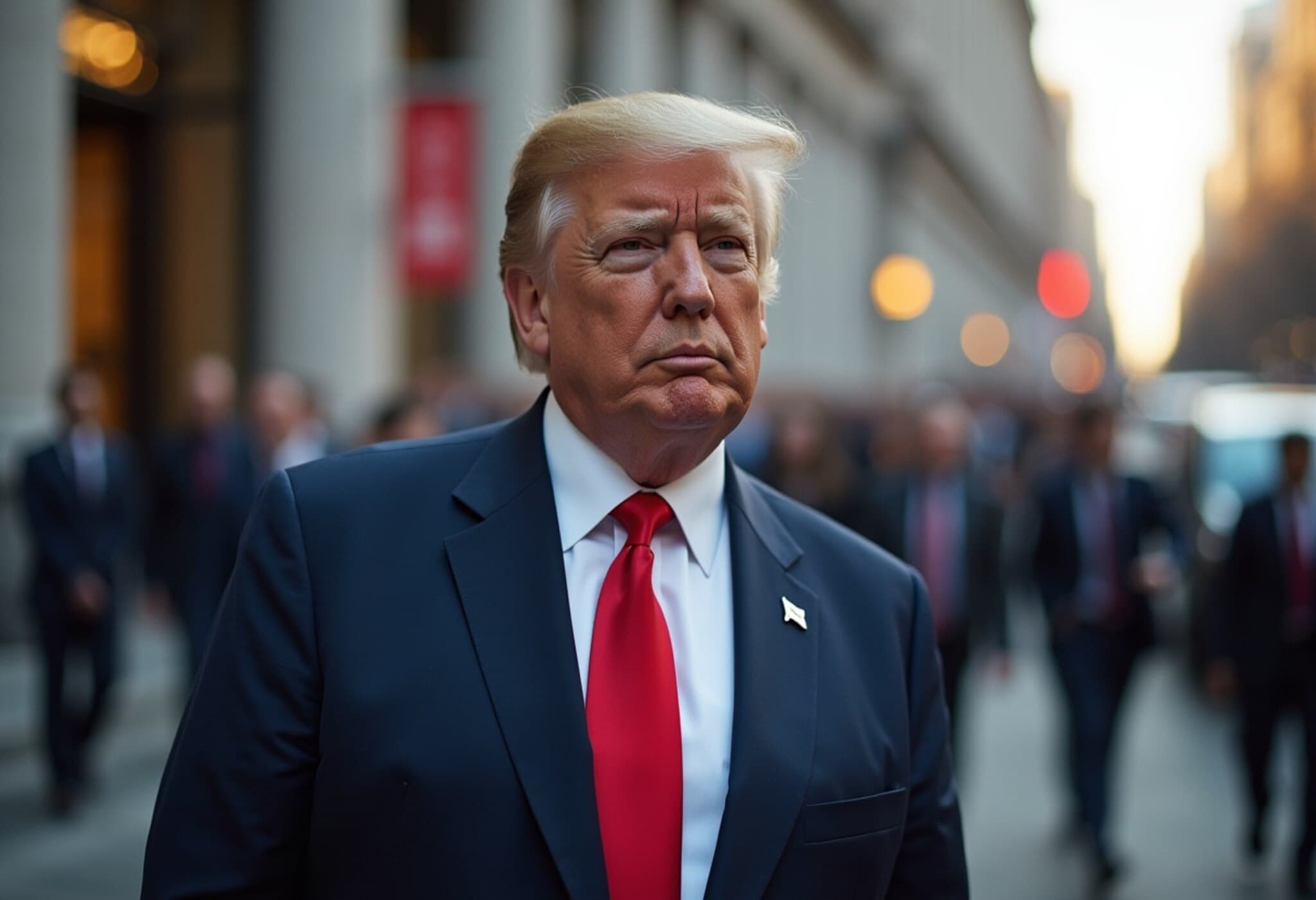Fed Governor Waller Signals Potential Rate Cut in July
Federal Reserve Governor Christopher Waller has indicated that the central bank might consider lowering interest rates as soon as next month. Speaking on Friday, Waller expressed skepticism that recent tariffs would significantly drive inflation, suggesting policymakers should be prepared to ease monetary policy sooner rather than later.
Act Sooner to Protect the Labor Market
In an interview, Waller emphasized the need to act preemptively if concerns arise about a downturn in the labor market. "If you're starting to worry about the downside risk to the labor market, move now, don't wait," he urged, highlighting the risks of delaying rate cuts until after economic conditions deteriorate.
He added, "I'd favor starting to think about cutting the policy rate at the next meeting because we don’t want to wait until the job market tanks before responding." This stance comes amid a period of steady rates following the central bank’s December cut.
Mixed Views Within the Fed on Timing
Despite Waller's forward-leaning comments, most Federal Open Market Committee (FOMC) members remain cautious, preferring to adopt a wait-and-see approach. In the latest meeting, the committee unanimously voted to keep rates steady in the 4.25% to 4.5% range.
Projections from 19 Fed officials reveal varied expectations: seven anticipate steady rates for the year, two foresee a single cut, and ten predict two or three reductions. This split signals ongoing uncertainty about the best path forward for interest rates.
External Pressures and Political Voices
Adding to the debate, former President Donald Trump, who nominated Waller, has publicly pressed the Fed to slash rates, arguing that borrowing costs on the $36 trillion national debt remain too high. Trump has called for rate reductions of at least 2 percentage points, even suggesting cuts of up to 2.5 points below the current benchmark.
While Waller acknowledges the political pressure, he advocates for a cautious, gradual approach: "You'd want to start slow and bring them down, just to make sure that there's no big surprises. But start the process. That's the key thing." He recognizes that tariffs may cause some one-time price effects but doubts they'll trigger persistent inflation.
Inflation and Market Reaction
Recent data do not indicate a sharp inflation surge driven by tariffs, nor a significant impact on the labor market. Waller noted, "We've been on pause for six months, thinking that there was going to be a big tariff shock to inflation. We haven't seen it. We follow the data." His comments suggest that the Fed can look through these tariff effects and focus on broader economic indicators.
Following Waller’s remarks, stock markets saw moderate movements as investors digested the possibility of earlier rate cuts. However, futures markets currently show little likelihood of a rate reduction in the July meeting, with expectations leaning towards an initial cut in September.
Outlook and Leadership
Chair Jerome Powell, whose term ends in May 2026, continues to advocate patience, affirming the Fed's wait-and-see posture so far. Waller, viewed as a potential successor to Powell, appears somewhat more inclined toward earlier easing but remains realistic about building consensus within the committee.
As economic data continue to unfold, the conversation around timing and magnitude of rate adjustments is expected to remain dynamic.

